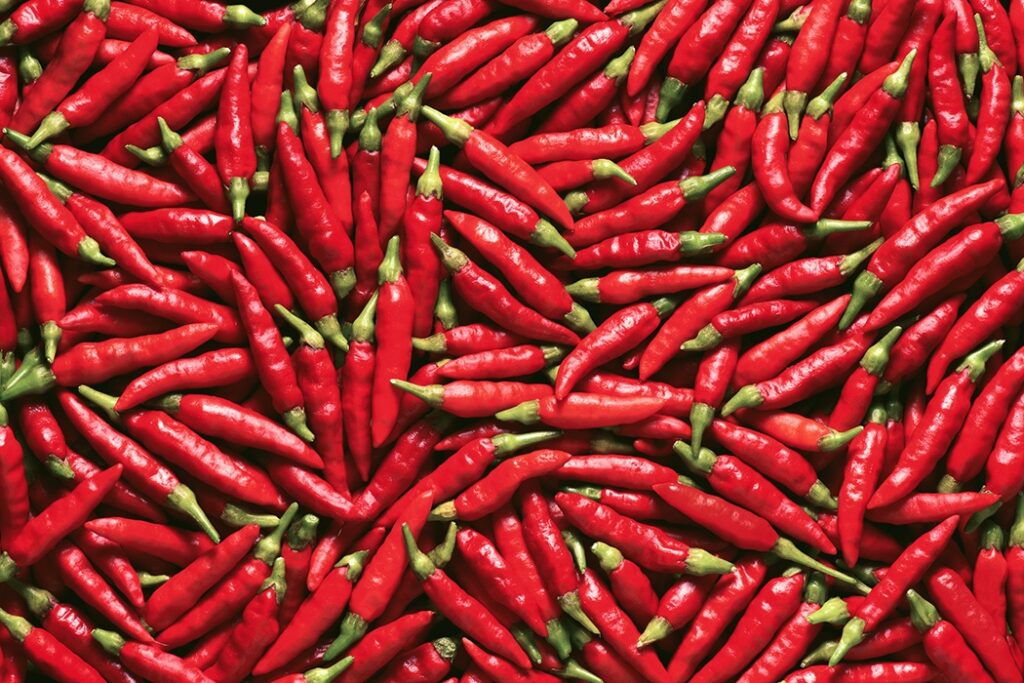A research study shows that spicy capsicums are helpful in fighting diseases and increasing immunity eat
You should eat lots of red chili peppers if you want to live longer. Yes, you heard it right. These spicy rings can be helpful in protecting us from major diseases. The new research finds it helpful in various diseases including cancer.
ALSO READ: How can you manage Diabetes during Summer Season
Pakistani hospitals should start retail services at village level
These red chili peppers are helpful in creating immunity also. The earlier research found consuming chilies has an anti-inflammatory, antioxidant, anticancer and blood-glucose regulating effect due to capsaicin. It gives chili its characteristic hot taste, the study is the first large scale effort to compare reported consumption of chili with disease mortality.
In order to assess the effects of chili pepper on longevity, researchers screened 4,729 studies from five leading global health databases. These were: Ovid, Cochrane, Medline, Embase and Scopus. These include four large studies which specifically include health outcomes for participants with data on chili pepper consumption.
This provided the research team with the health and dietary records of more than 570,000 individuals in the United States, Italy, China and Iran. This record let them compare the outcomes of those who consumed chilis to those who rarely or never ate them.
The researchers also noted that the amount and type of chili pepper consumed was variable among the studies. It was making it difficult to draw conclusions about exactly how much, how often and which type of chili pepper consumption may be associated with health benefits.
Follow us: @Factfilepk and factfilepk for more stories.














One Response